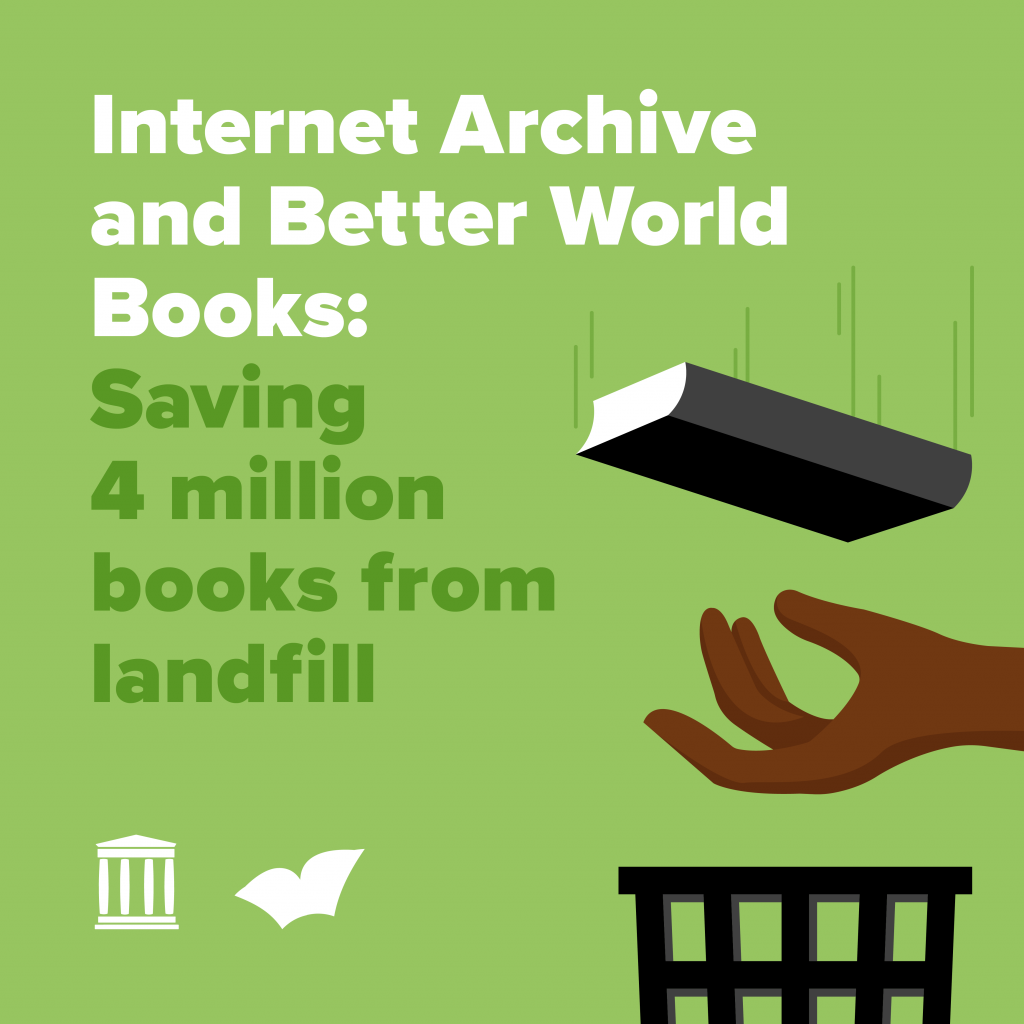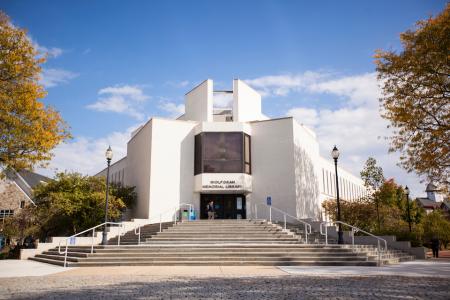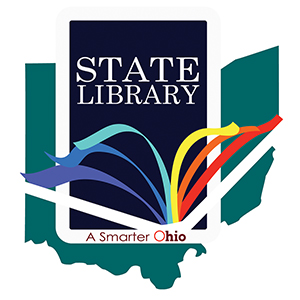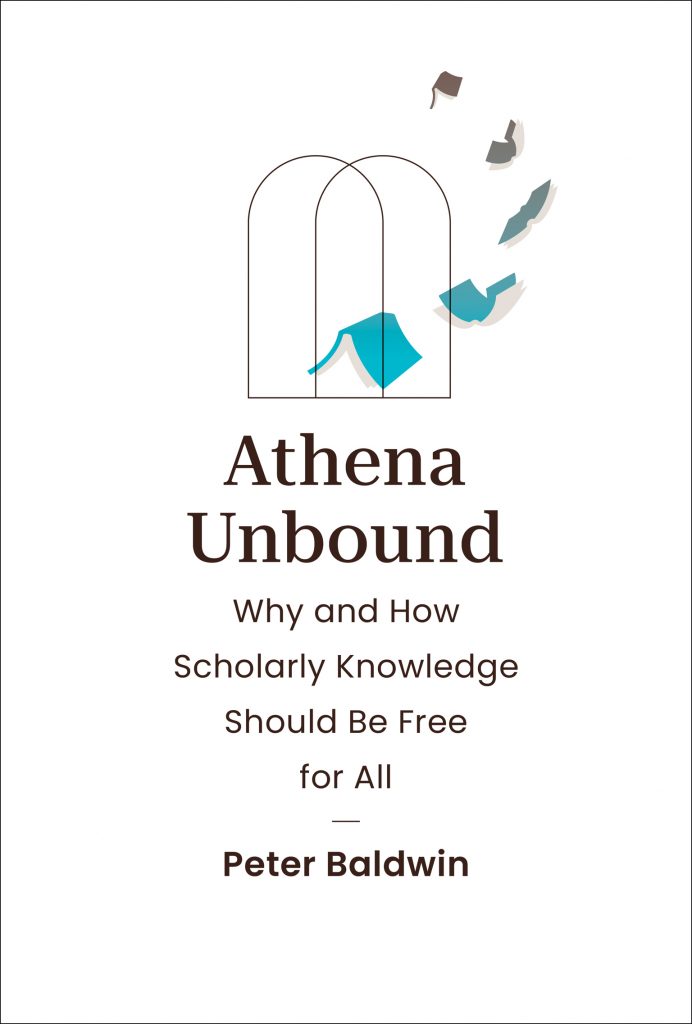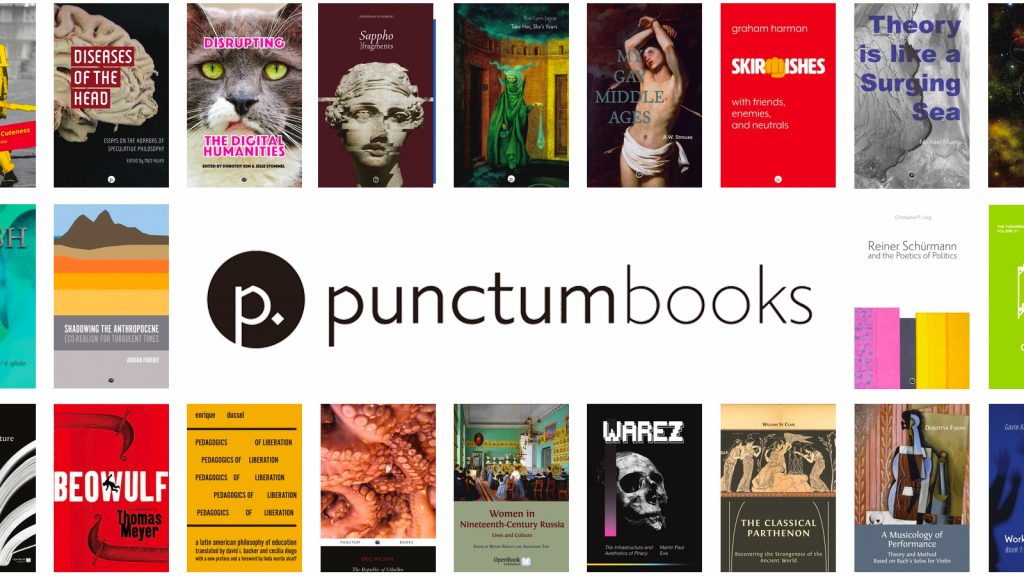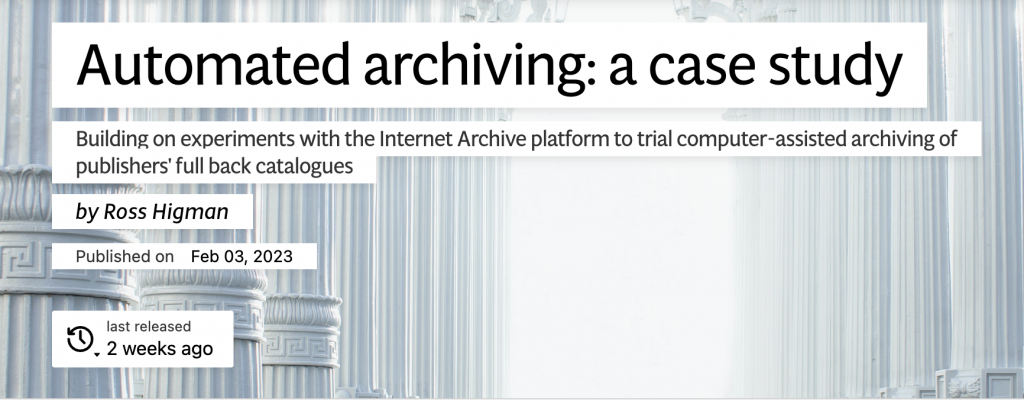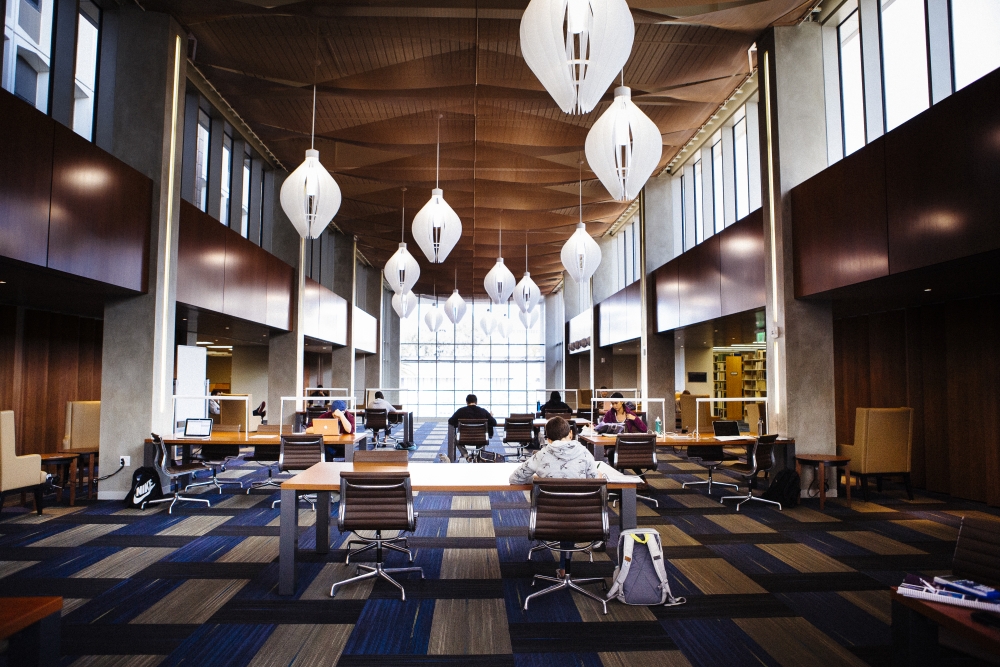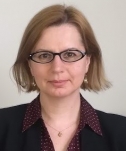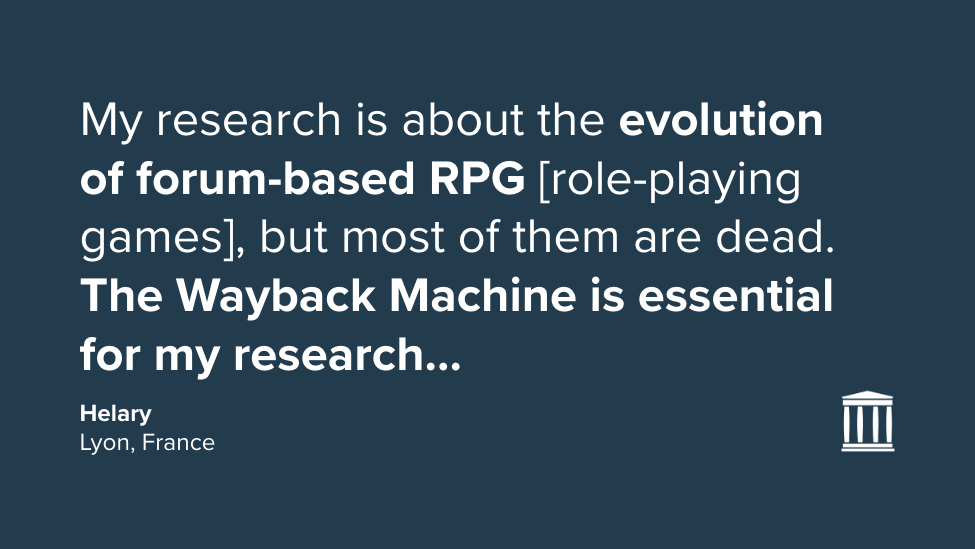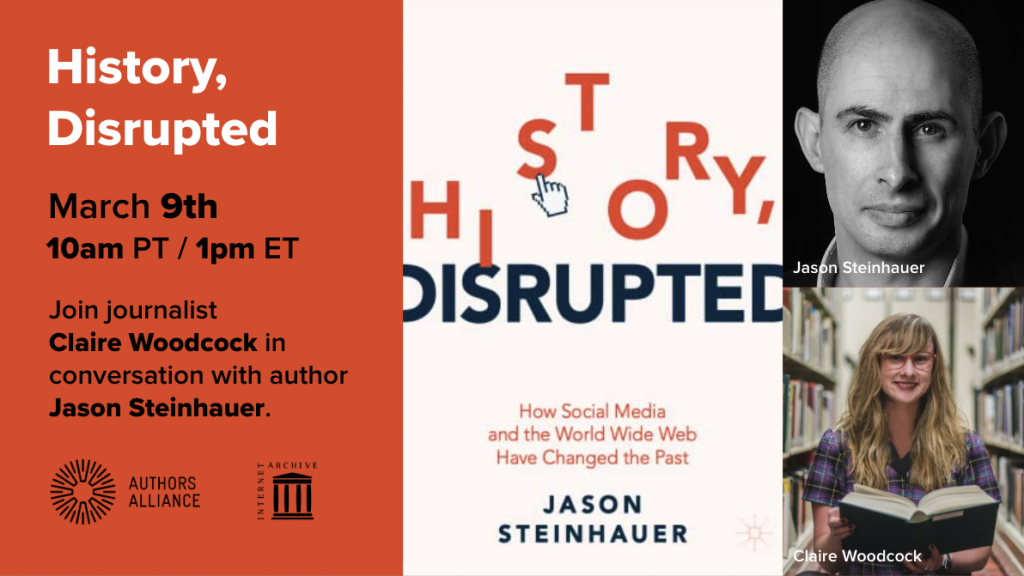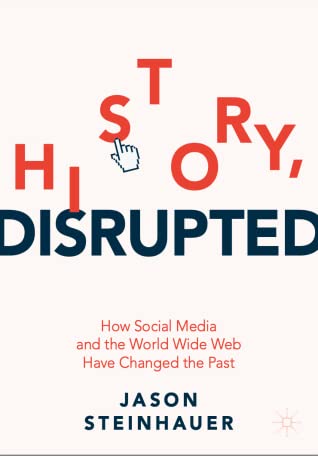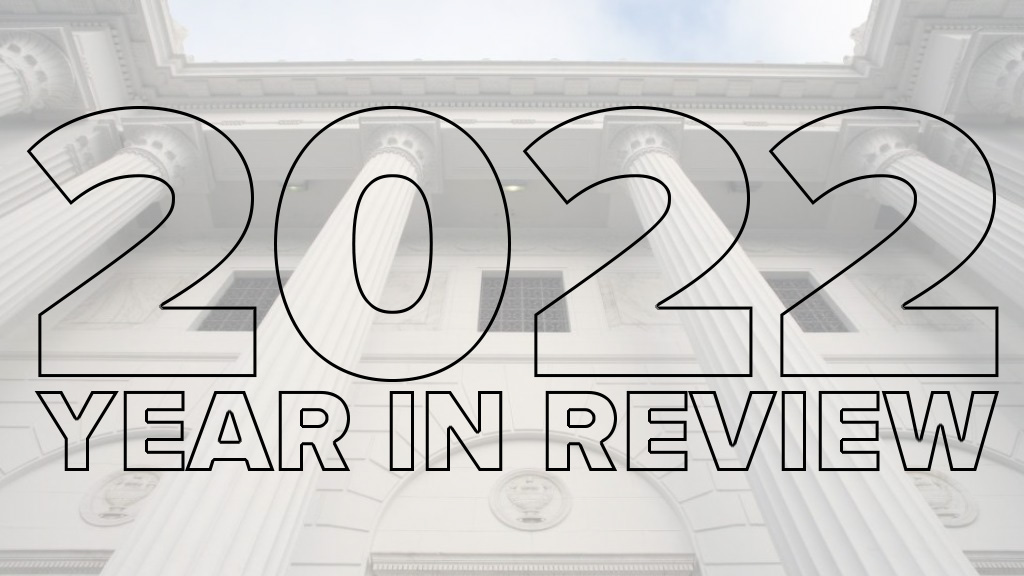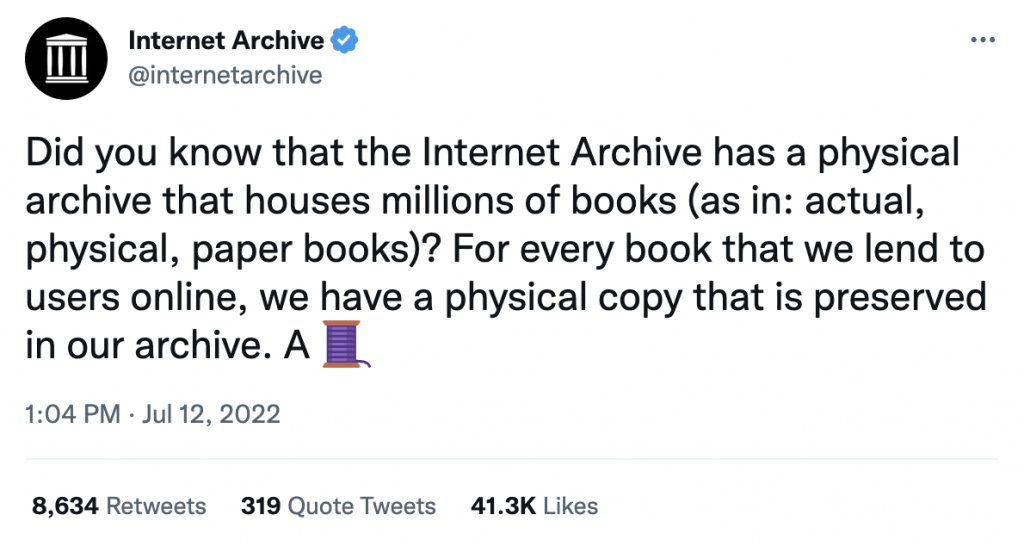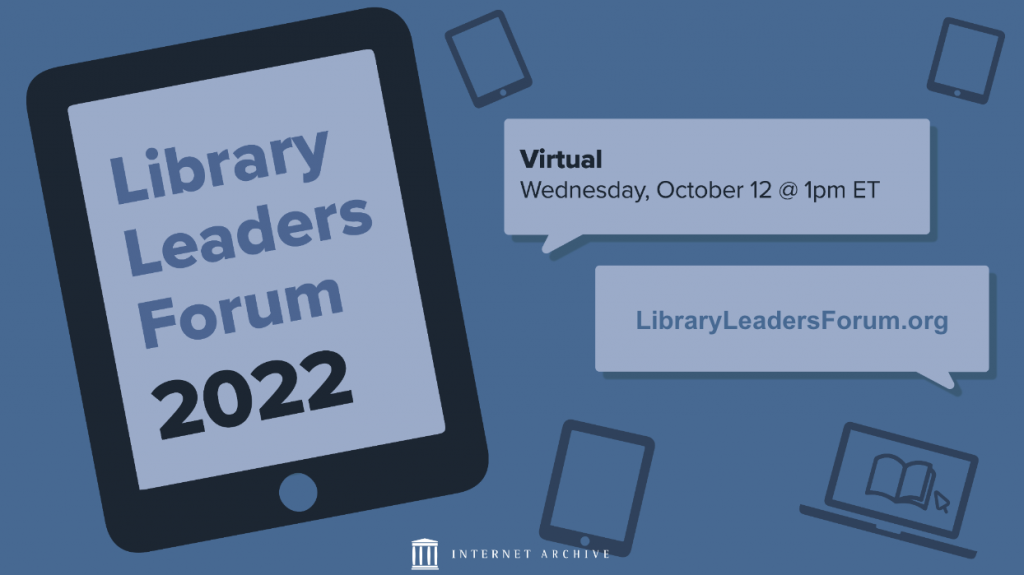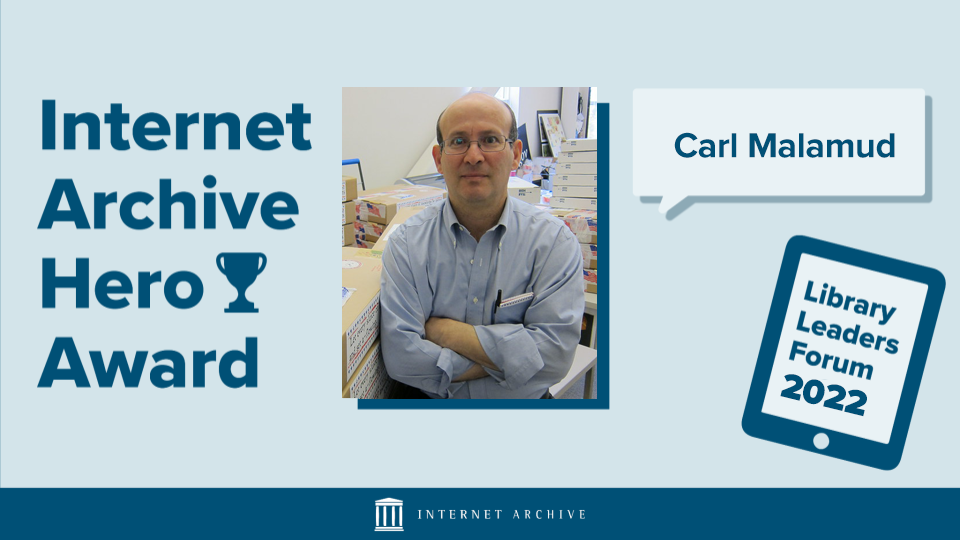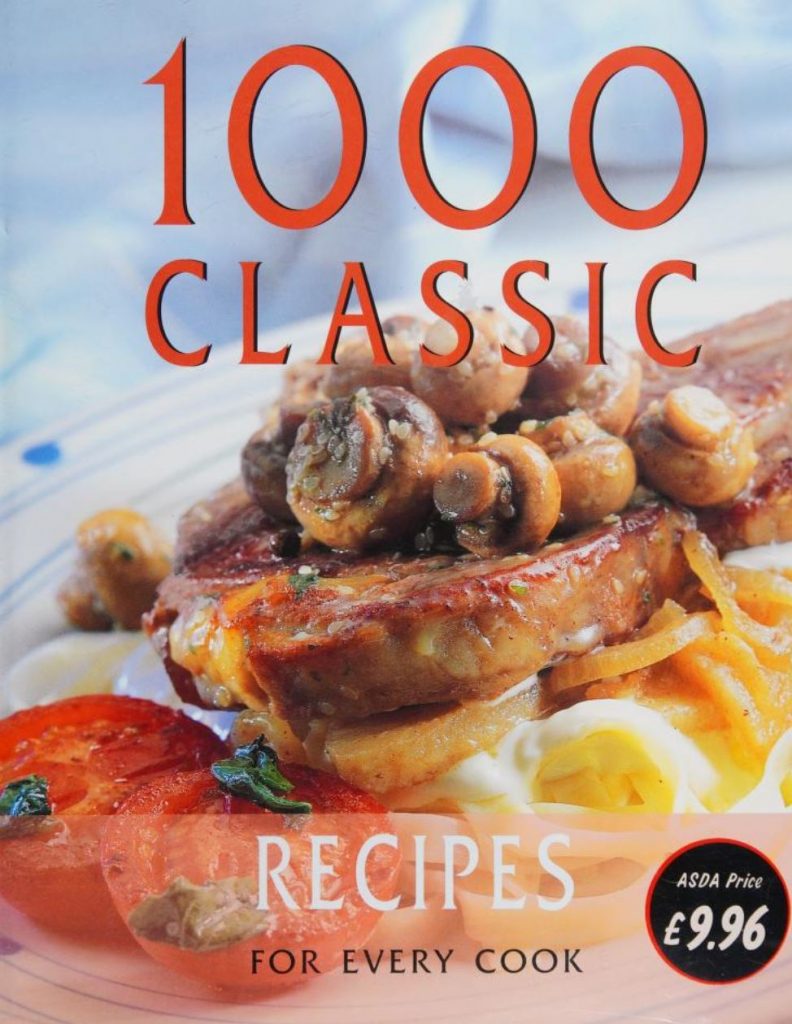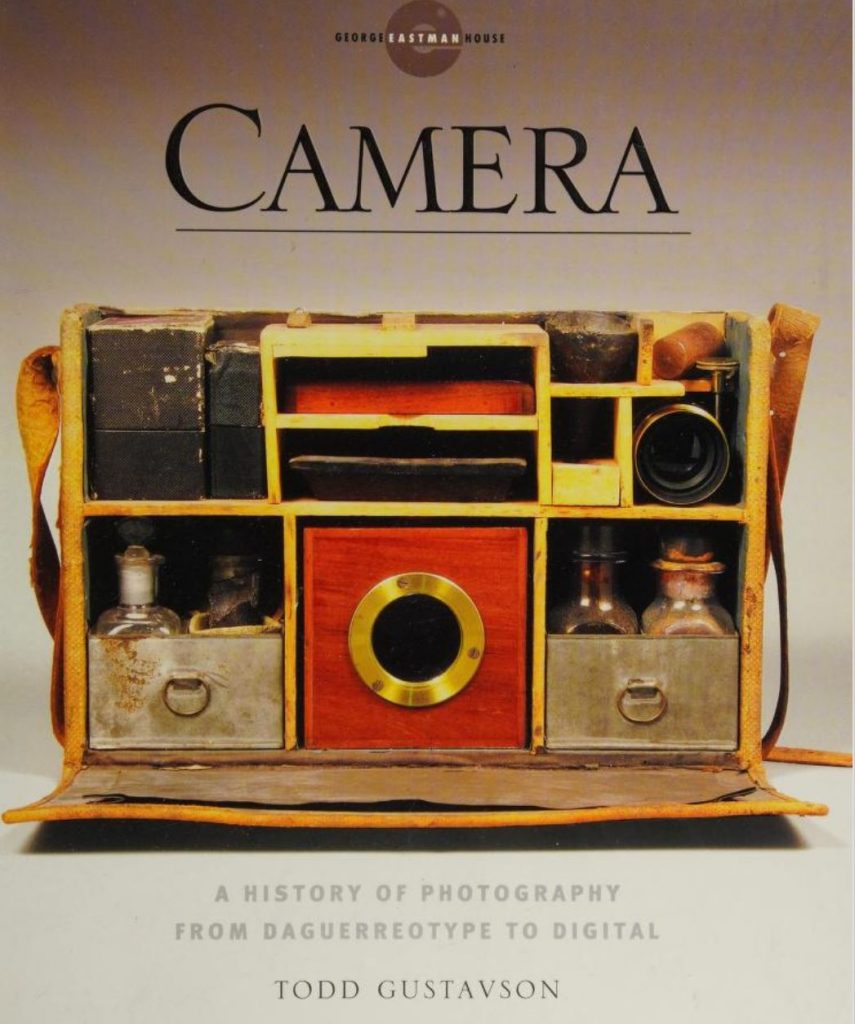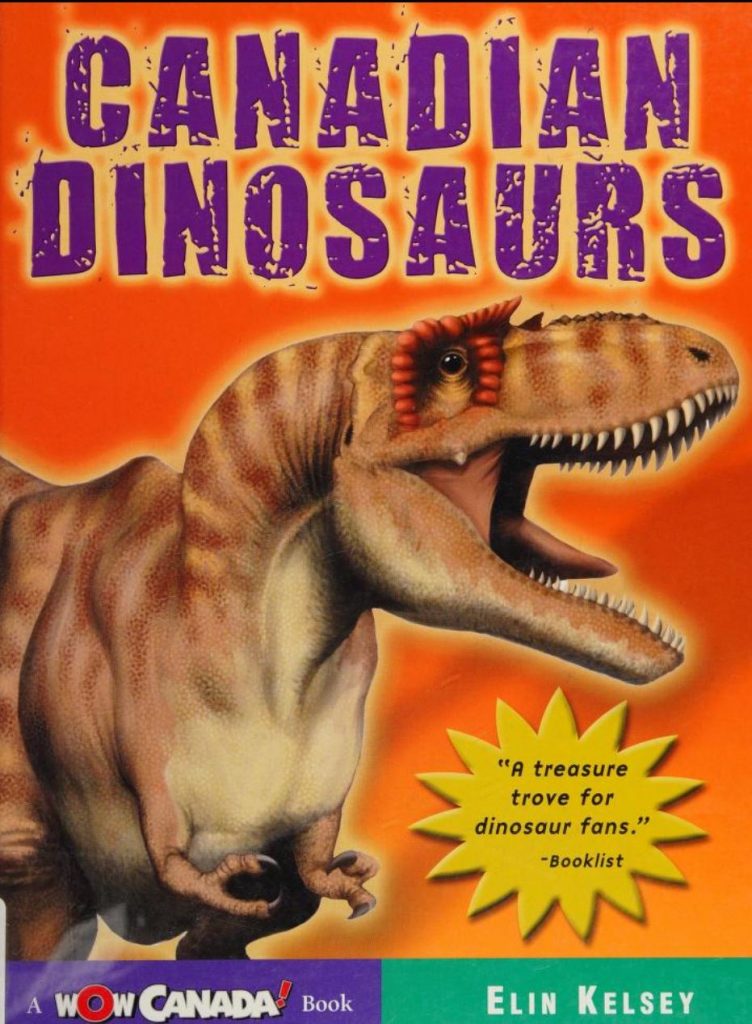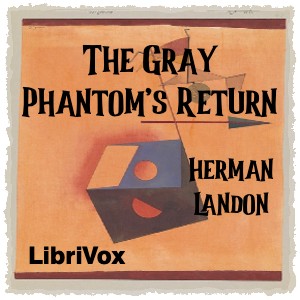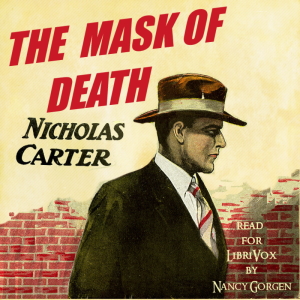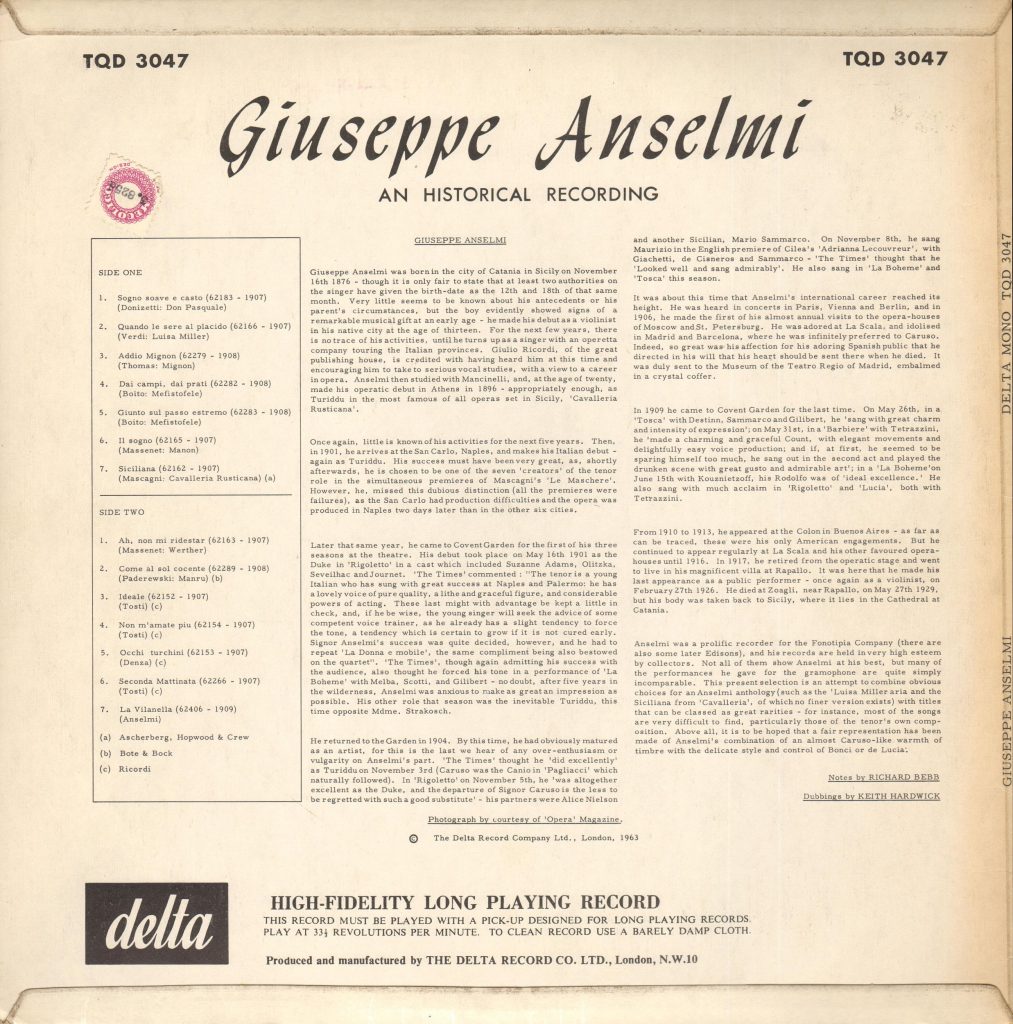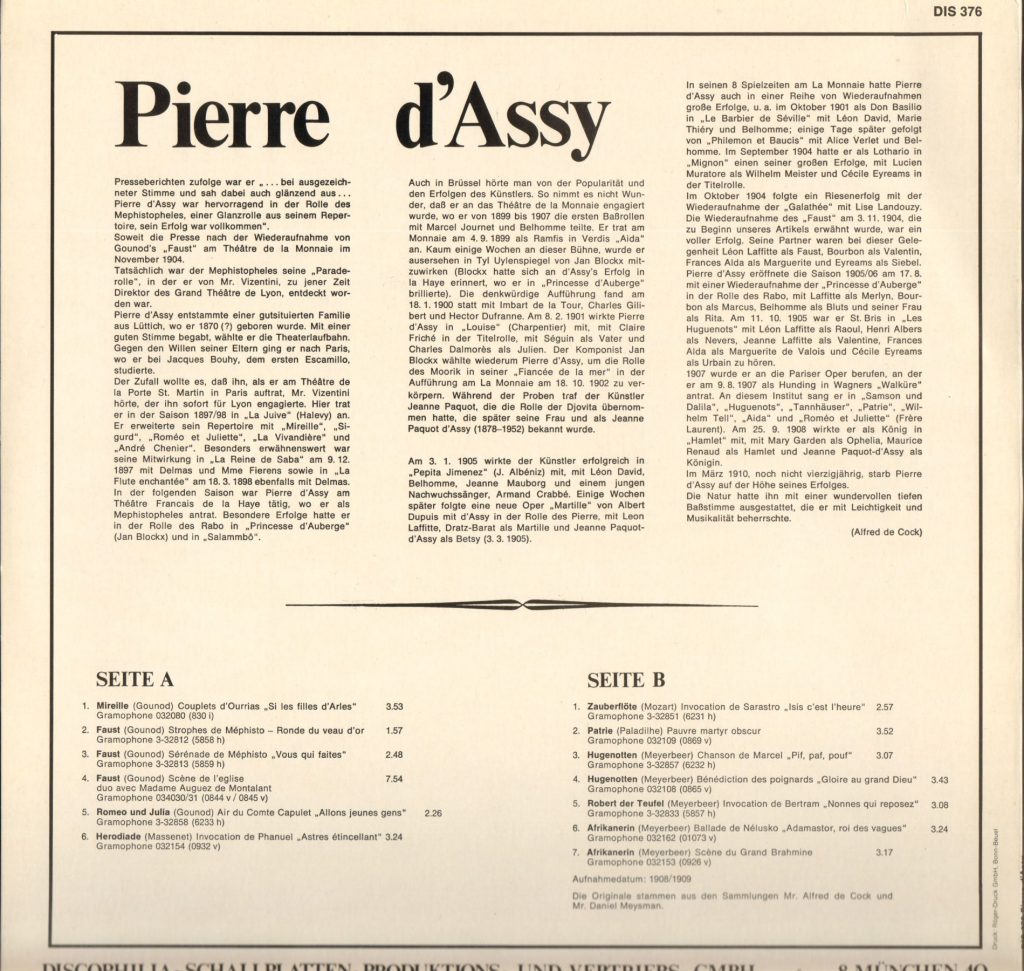It’s the classic librarian’s dilemma: Because no library has unlimited storage, every library has to carefully manage its physical collection, and that means removing books to make space for new ones. On one hand, it’s exciting to bring in fresh voices, new stories and modern research, but on the other, a library’s main goal is to preserve information over time. So how can librarians manage their physical collections with an eye towards preservation?
Since forming a global literacy partnership in 2019, Better World Books (BWB) and the Internet Archive have offered a unique pathway for libraries to ensure that the books they no longer need in their collections can be preserved and made accessible for generations to come.
The service that BWB provides is an important one for libraries. BWB collects used books from libraries, booksellers, colleges, and universities in six countries, which are then either resold online, donated or recycled. To date, Better World Books has donated over 35 million books worldwide, has raised close to $34 million for libraries and literacy, and has saved more than 450 million books from landfills. Through the partnership with the Internet Archive, BWB has donated more than one million books each year for preservation and digitization, totaling 4 million books to date.
“What we’ve seen is the lifecycle of books become more complete,” says Internet Archive founder Brewster Kahle. Once books are received from BWB, the Internet Archive digitizes them for patrons with print disabilities, offering readers like Pastor Doug Wilson, who has declining vision, access to books in digital form that are otherwise inaccessible. Then a subset of those books are used for digital lending, interlibrary loan and machine learning.
Dustin Holland, president and chief executive officer of BWB, says the arrangement allows these books to live on and to be put to the best use possible.
“Our goal has always been to maximize the value of the book,” says Holland. “To have a partner to which BWB may donate books that originate from thousands of libraries across multiple countries is a huge win for us, for the Internet Archive, and for our libraries. At the end of the day, it’s also beneficial for humanity, because there will always be access to these books.”
Supporting Ukrainian students
In May of 2022, BWB partnered with the Internet Archive to help support Ukrainian students and scholars. Customers were invited to contribute $1 with each BWB purchase, raising $17,200 to support the sourcing and digitizing of materials to preserve Ukrainian culture and heritage. This included more than 900 books that will become connected citations on the Ukrainian language Wikipedia page, in addition to more than 17,000 titles that the Internet Archive has already connected through its existing relationship with the Wikipedia community.
Helping libraries manage their collections
Since its dedication in 1970, the Wolfgram Memorial Library on the campus of Widener University-Chester in Pennsylvania has actively built a collection of more than 180,000 volumes. Three years ago Roz Goldstein, head of technical services and automated systems, undertook a collection management project to review the library’s holdings and determine which books no longer fit the library’s collection priorities.
The library packed up the older, underutilized books in boxes provided by BWB, which also paid for the shipping. Over the past two years, the library has contributed about 13,000 books to BWB, covering a wide variety of subjects, mostly non-fiction. Goldstein says the library’s main priority was managing collection space, but knowing some will see a broader audience is an added benefit.
“I was thrilled to find out that 600 of our titles have been sent to the Internet Archive to be digitized,” says Goldstein, who has shared her experience with other library colleagues and encouraged them to partner with BWB.
At the SEO Service Center, a branch of the State Library of Ohio, Jay Miley works with 98 libraries as the customer service and library systems manager. In January, he started sifting through 120,000 volumes stored in a central library building to see what no longer fit their collection development priorities. About 20,000 books were moved to local branches due to demand within the system for physical access. Then Miley began to look into options for some lesser-used books — not wanting them to end up in landfill.
Miley discovered BWB was a popular option among other state libraries, and he began to pack up boxes. So far, Ohio has shipped about 12,000 items to BWB and another 38,000 are queued for processing. Recently, he learned that 1,200 of the books that came from his library have been digitized and made available through the Internet Archive. “I think it’s awesome,” he says. “I immediately told my team, my boss and the state librarian.”
A growing impact
Over the past three years, the relationship between Better World Books and the Internet Archive has only grown stronger. BWB has streamlined the logistics of getting materials to the Internet Archive, Holland says, and the impact continues to grow. “The biggest thing we need to do is to educate and shout from the rooftops—to tell more people what we’re doing and how valuable this is for society.”
If your library is interested in learning more about the services that Better World Books provides to libraries, please check out the BWB Services page.
